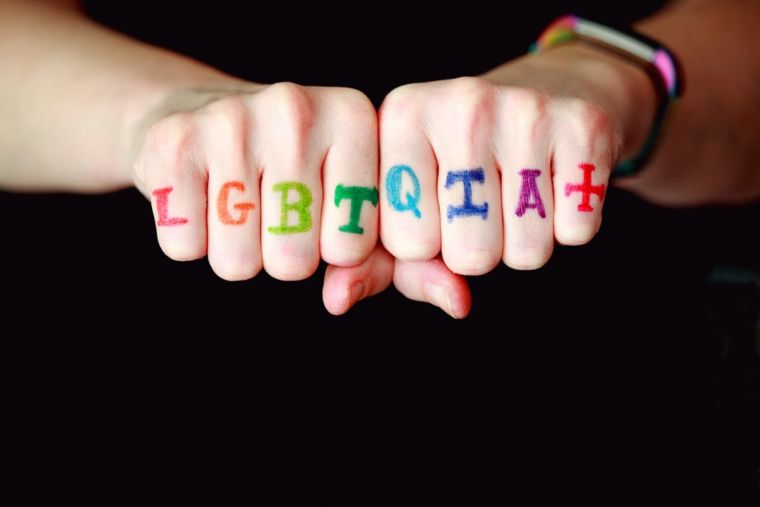Conversion therapy ban must not outlaw 'gentle non-coercive prayer' - Christian group

A Christian group has expressed alarm over calls to include "gentle non-coercive prayer" in the government's proposed conversion therapy ban.
The Bishop of Manchester, David Walker, told the Guardian this week that people in breach of the ban should face prosecution, but he added that he was not referring to "gentle, non-coercive prayer, but where there is a level of power imbalance and a level of force".
Anglican LGBT activist Jayne Ozanne begged to differ and told the newspaper that even this form of prayer should be covered in the ban.
"I'm very grateful to Bishop David for his clear support for a ban, although I would strongly refute that 'gentle non-coercive prayer' should be allowed," she said.
"All prayer that seeks to change or suppress someone's innate sexuality or gender identity is deeply damaging and causes immeasurable harm, as it comes from a place – no matter how well meaning – that says who you are is unacceptable and wrong."
The Christian Institute said it was "alarmed" by the suggestion, and has written to the Prime Minister and Equalities Minister to express its concerns.
The letter says, "While the Institute does not oppose a ban that protects people from harmful pseudo-medical practices, the idea that 'gentle non-coercive prayer' should be included in a list of illegal actions is alarming. In any event, it would violate the human rights of believers.
"This view is confirmed by a legal opinion from Jason Coppel QC, one of the UK's leading human rights lawyers, which says a conversion therapy ban encompassing ordinary prayer 'would be likely to violate Convention rights'."
It continues: "Those pushing for the ban to include ordinary prayer seem to attribute the worst possible motives to those of us who hold different theological beliefs from them. They are not willing to listen to mainstream Christian groups or to their concerns. Now they have gone a step further by stating that the legislation should cover not only practices they consider coercive but all forms of prayer, no matter how mild."
Simon Calvert, Deputy Director for Public Affairs at The Christian Institute, commented: "This latest remark from Jayne Ozanne is very revealing. It shows the focus here is not about protecting people from genuinely abusive behaviour. It's about criminalising mainstream theology that campaigners on the fringes of the church don't agree with.
"In Britain we worked out centuries ago that prosecuting people for praying 'the wrong kind of prayer' was oppressive, counter-productive and wrong. Apparently, there are some who want to drag us back to the dark days of prosecuting people for not having the same religion.
"Thankfully, most people think this is a terrible idea. The UK Government must make clear that it does too."











